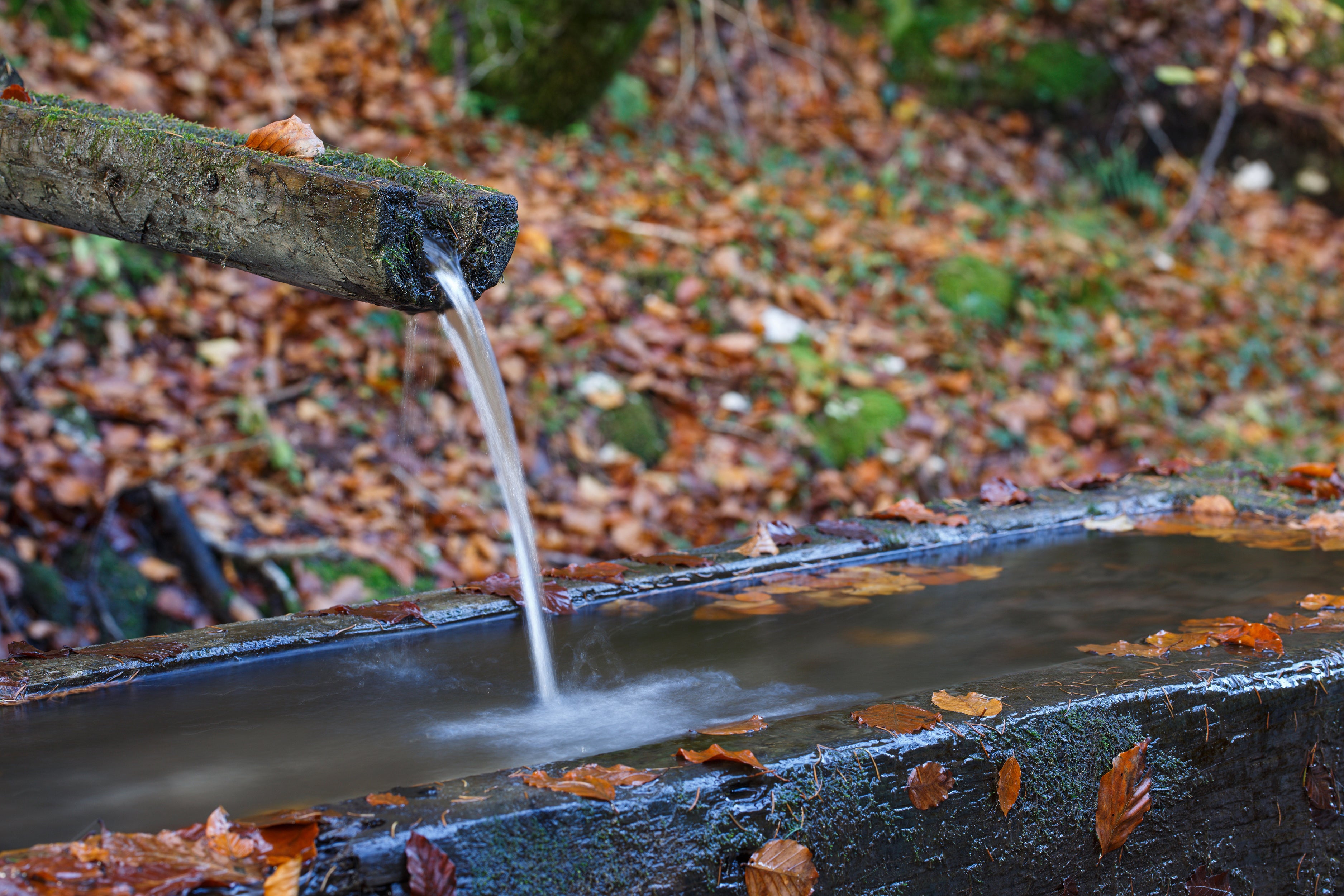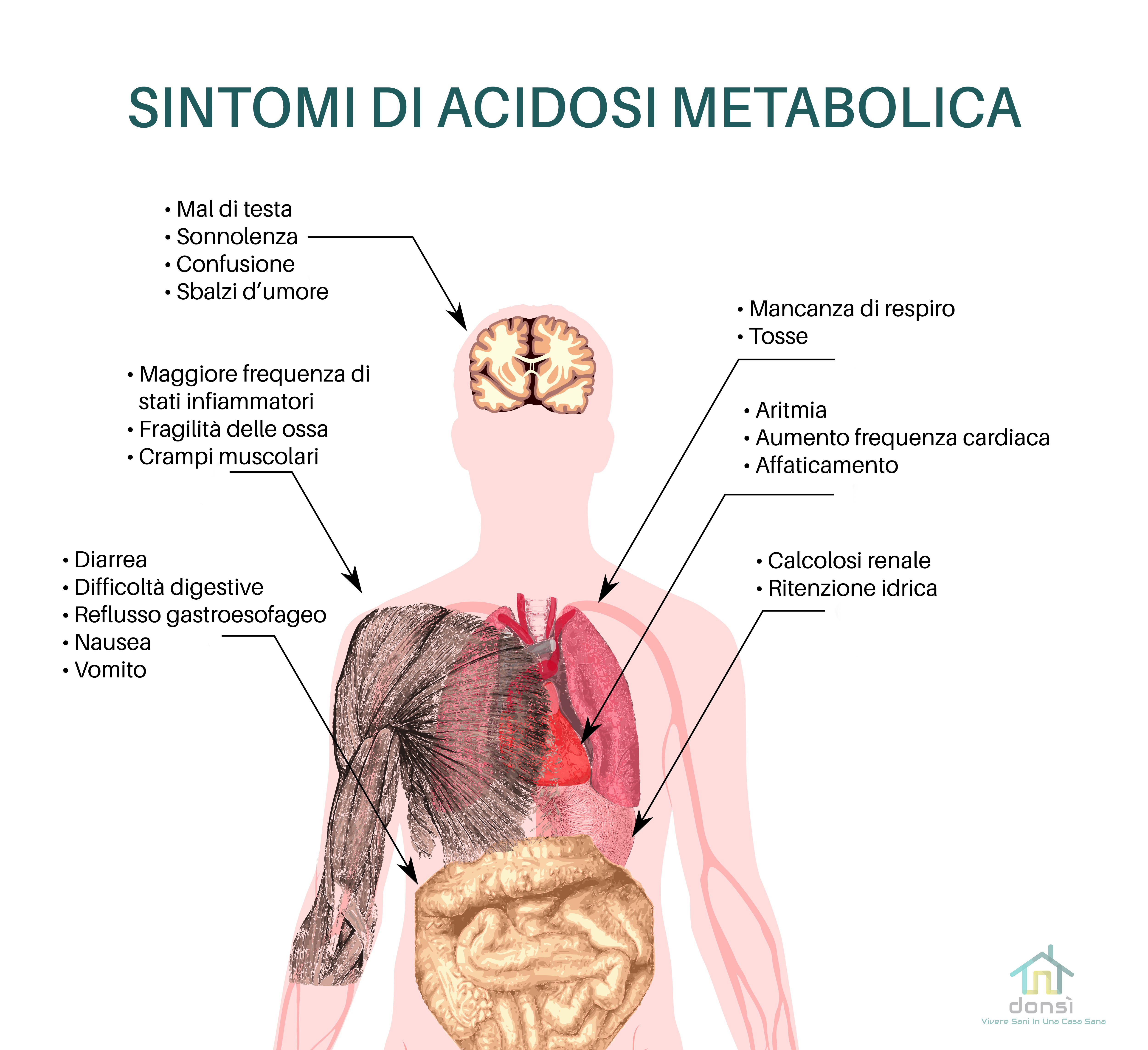The Drama of Groundwater Pollution: An Unstoppable Growth
Groundwater pollution is a serious and growing problem that threatens the quality of groundwater resources. Aquifers are layers of permeable soil that contain groundwater and provide a vital source of water for wells, rivers and lakes. However, due to human activity, these resources are experiencing a significant increase in pollution, the ecological damage caused is immeasurable.
Thousands of scientific papers and reports have documented the presence of carcinogens and heavy metals in groundwater, which directly impact the quality of the water that reaches our taps. Surprisingly, the legal limits for pollutants in drinking water have been raised several times over the years. This means that water that is considered drinkable today may contain levels of pollutants that, in the past, would have made the water unsafe for consumption.
Here are some key aspects of the groundwater pollution drama:
• The sources of groundwater pollution are diverse and range from industrial activities to the use of pesticides and fertilizers in agriculture, from inadequate waste management to leaks of pollutants from storage tanks.
• Pollutants that can contaminate groundwater include heavy metals, hydrocarbons, industrial solvents, nitrates, pesticides, herbicides and other harmful chemical compounds.
• Groundwater pollution can have serious consequences for human health. Contaminated water can contain pathogens, toxic compounds and chemical contaminants that, if ingested, can cause illness, health problems and even be carcinogenic.
• In addition to threatening human health, groundwater pollution has devastating impacts on aquatic ecosystems. It can lead to the death of aquatic flora and fauna, disturb ecological balances and damage biodiversity.
• Once aquifers are contaminated, cleaning them up is often difficult and expensive. Groundwater has a slow recharge rate, which means it can take years or even decades to completely clean up a contaminated aquifer.
• Protecting aquifers requires the implementation of stringent regulations and the adoption of sustainable practices in human activities. Monitoring and regulating the use of water resources is essential to prevent further damage.
Addressing the tragedy of groundwater pollution requires globally coordinated efforts to limit polluting activities, promote sustainable agricultural practices, improve waste management, and develop advanced technologies for groundwater purification.
This worrying trend reflects the constant increase in environmental pollution, which has led to the acceptance of higher levels of contaminants in our water sources. It is essential to be aware of this reality and consider proactive solutions to ensure the safety and purity of the water we consume, thus helping to preserve our health and the environment.
Using water refiners, such as NOVAMED, helps improve the quality of tap water, making it safe and pleasant to drink. This practice not only offers a more sustainable alternative to purchasing bottled water, but also reduces the overall production of plastic waste.
When it comes to laundry, innovative devices like Écomodo allow you to wash clothes without resorting to traditional detergents, thus reducing dependence on harmful chemicals and their impact on the environment. In addition, the possibility of washing with cold water contributes to energy savings compared to hot water washing cycles.
In both cases, adopting these sustainable practices offers tangible benefits for both the environment and the individual budget. Awareness of these solutions is essential to promote a transition to a more ecological and responsible lifestyle.
Thousands of scientific papers and reports have documented the presence of carcinogens and heavy metals in groundwater, which directly impact the quality of the water that reaches our taps. Surprisingly, the legal limits for pollutants in drinking water have been raised several times over the years. This means that water that is considered drinkable today may contain levels of pollutants that, in the past, would have made the water unsafe for consumption.
Here are some key aspects of the groundwater pollution drama:
• The sources of groundwater pollution are diverse and range from industrial activities to the use of pesticides and fertilizers in agriculture, from inadequate waste management to leaks of pollutants from storage tanks.
• Pollutants that can contaminate groundwater include heavy metals, hydrocarbons, industrial solvents, nitrates, pesticides, herbicides and other harmful chemical compounds.
• Groundwater pollution can have serious consequences for human health. Contaminated water can contain pathogens, toxic compounds and chemical contaminants that, if ingested, can cause illness, health problems and even be carcinogenic.
• In addition to threatening human health, groundwater pollution has devastating impacts on aquatic ecosystems. It can lead to the death of aquatic flora and fauna, disturb ecological balances and damage biodiversity.
• Once aquifers are contaminated, cleaning them up is often difficult and expensive. Groundwater has a slow recharge rate, which means it can take years or even decades to completely clean up a contaminated aquifer.
• Protecting aquifers requires the implementation of stringent regulations and the adoption of sustainable practices in human activities. Monitoring and regulating the use of water resources is essential to prevent further damage.
Addressing the tragedy of groundwater pollution requires globally coordinated efforts to limit polluting activities, promote sustainable agricultural practices, improve waste management, and develop advanced technologies for groundwater purification.
This worrying trend reflects the constant increase in environmental pollution, which has led to the acceptance of higher levels of contaminants in our water sources. It is essential to be aware of this reality and consider proactive solutions to ensure the safety and purity of the water we consume, thus helping to preserve our health and the environment.
Using water refiners, such as NOVAMED, helps improve the quality of tap water, making it safe and pleasant to drink. This practice not only offers a more sustainable alternative to purchasing bottled water, but also reduces the overall production of plastic waste.
When it comes to laundry, innovative devices like Écomodo allow you to wash clothes without resorting to traditional detergents, thus reducing dependence on harmful chemicals and their impact on the environment. In addition, the possibility of washing with cold water contributes to energy savings compared to hot water washing cycles.
In both cases, adopting these sustainable practices offers tangible benefits for both the environment and the individual budget. Awareness of these solutions is essential to promote a transition to a more ecological and responsible lifestyle.




